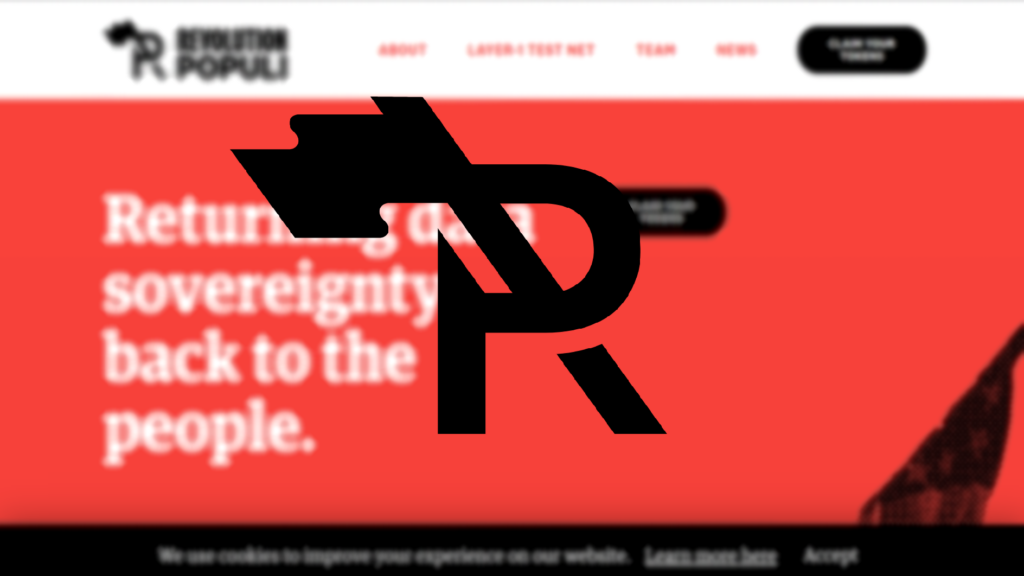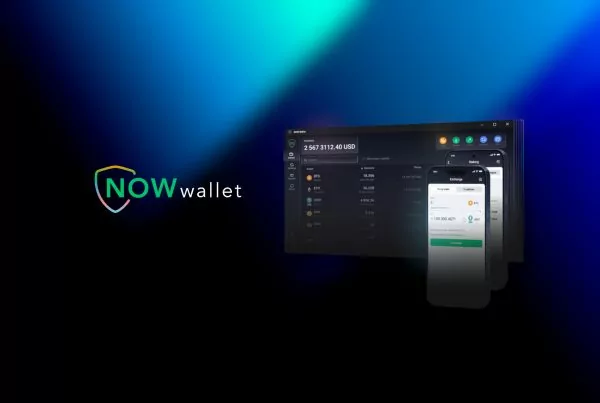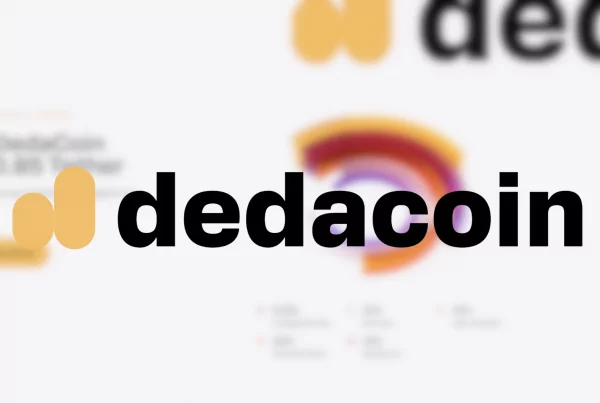
If you are a user of social media platforms such as Twitter or Facebook, you must be well aware that these giants have been utilizing your data to turn a profit. Private user data is by far one of the most valuable commodities on the internet, and the technology giants have been taking advantage of this for the past decade to turn billions in profit for their companies.
You see, on the outside, platforms such as Facebook and Twitter might seem free as they do not charge a subscription fee for you to use the platform. However, looking at it from the inside, the story is completely different.
An age-old saying goes something like “nothing is free in this world,” and that translates into the new digital world on the internet. There is another saying that states, “if you can’t see the sucker in the room – it’s you”.
Both of these sayings ring very true when we continue to use social media networks like Facebook. We might think they are free but, in reality, we are paying a very high price to have the pleasure of using them as we hand over our personal private data to the tech giants.
The giants would then go on to sell our private data to advertisers and institutions who end up targeting us across the internet in the hope that we buy their products.
Luckily, these media giants are starting to lose control of what they are able to do with our data as regulators are beginning to step in to prevent them from taking it from their users without their consent.
However, this is not enough.
Privacy-focused Blockchain Solutions
The creation of blockchain technology promises to bring about a decentralized financial system that takes the power from the centralized authorities that have been running it for centuries. However, this same technology can help revolutionize more than just the financial system.
For example, the successful Brave Browser has done well to use blockchain technology to provide a privacy-focused web browser for users that ensures they are not being followed around on the internet through third-party trackers and cookies. However, this still does not solve the problem posed by social media giants taking advantage of privacy rights.
Well, there is a new project on the block that has the main focus of returning data sovereignty back to the people through a blockchain-based social network.
Let me introduce you to Revolution Populi.
Your Data Is A Vital Natural Resource
Spearheaded by David Gelernter, a Yale computer science professor, and Rob Rosenthal, a Goldman Sachs and Wall Street veteran, Revolution Populi touts itself as being the project that will finally bring data sovereignty back to the people through its blockchain-based solution.
Revolution Populi’s goal is to provide a blockchain platform network that will allow its users to have the power to decide what data they would like to share about themselves and who would have the right to see it.
Firstly, the team has created a layer-1 blockchain that comes with the mechanics to allow users to manage access to the data that can be used by applications built on top of the blockchain – an example of such an application is a social network that the Revolution Populi team is building.
The blockchain has advanced the typical mechanisms that we see in the industry today with its Random Delegated Proof of Stake (rdPOS) consensus mechanism. rdPOS is similar to delegated Proof of Stake in the sense that there are 21 nodes that are actively maintaining the blockchain at any given moment. However, the advancement comes from the fact that the 21 nodes are randomly chosen from a pool of 63 elected nodes which provides a stronger balance between speed and broad participation.
The testnet for the layer-1 blockchain is already up and running and can be examined through their blockchain explorer. Additionally, the code for the blockchain is now open source and can be audited on the project’s GitHub.
Deeper Than Social Media
Although bringing data sovereignty is the number one objective, their concept can be taken much deeper than just a social network.
As mentioned, the social network is just the first dApp on top of their layer-1 blockchain. However, additional dApps can be built on top of the blockchain, which maintains the mechanism of the data sovereignty aspect.
For example, the team intended to build a cryptocurrency clearinghouse which will be an entity that gives confidence to participants within the market that trades will be completed.
Their technology was initially designed to be a clearinghouse for social media without selling user’s data, but they can also develop a neutral third party for financial institutions for all sorts of crypto transactions and become a clearinghouse in that sense.
The team has a wealth of experience in creating clearinghouses. For example, CEO Rob Rosenthal was a key negotiator for an industry group tasked with implementing a clearinghouse for credit default swaps in the aftermath of the 2008 financial crisis.
A clearinghouse in cryptocurrency would help to inject confidence and reduce counterparty risk. Bitcoin and Ethereum trades can rely on the public blockchain to provide confidence. However, when conducting cross-coin trades, the need for a clearinghouse between exchanges is vital.
The RVP Token
The Revolution Populi token (RVP) is the native asset for the layer-1 blockchain. The token was sold for ETH during a Dutch-style auction in which 1.2 billion RVP (60% of the total token supply) was distributed through the token sale.
This was the only token sale for RVP, and the team did not conduct any private sale. The RVP token will be listed on Uniswap and is expected to occur on April 7th at 8 AM EST.
Here is a quick breakdown of the token allocation:
- Public sale: 60%
- Escrow for blockchain operations: 10%
- Escrow for grants: 10%
- Marketing and administration: 10%
- Revolution Populi team: 10%
As this is a delegated proof of stake blockchain, we can expect staking to be enabled on RVP for users to earn interest. Additionally, there are multiple use cases for the RVP token itself.
For example, the RVP would be used for transactions on the different dApps on top of the layer-1 blockchain, such as the social media network or any financial services through the clearinghouse. Additionally, it can also be used in the governance process as the RVP tokens will be utilized as votes for any proposals in upgrades to the projects’ infrastructure. For more information about the project and its token, users can check out the official Revolution Populi Telegram channel.
Conclusion
In conclusion, the solution provided by Revolution Populi has been needed for many years. This need for a privacy-focused social media network increased in recent years as data collation practices started to come to the public spotlight – causing fear that it could spiral out of control.
If Revolution Populi succeeds, it will provide a social media network that users can be sure that their personal data is being managed on their own terms and won’t unknowingly be sold to third party entities.



